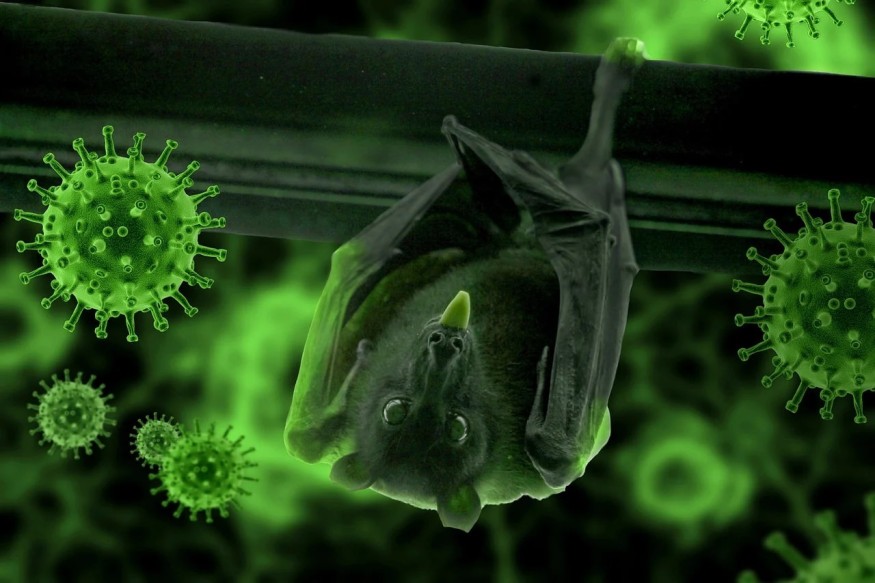According to the UN or United Nations IPBES, we must protect and conserve nature to prevent more pandemics.
An era of pandemics
In the future, we will have more frequent pandemics that are deadlier and will cause more damage to the global economy. Last Thursday, the biodiversity panel of the United Nations said that this would be our future reality if we do not make a fundamental change in how we treat our environment and our planet.
The panel warned that 850,000 viruses exist, and animals, particularly wildlife harbor them, and they can be transmitted to people.

The IPBES report
The panel is named the IPBES or Inter-governmental Science and Policy Platform on Biodiversity & Ecosystem Services. It said that pandemics are existential threats that face humanity.
It issued a special report regarding pandemics and biodiversity that warned how insatiable human consumption and habitat destruction increased the likelihood of animal-borne diseases to be transmitted to people.
The cause of pandemics
The IPBES workshop chair is Ecohealth Alliance president Peter Daszak. The workshop group drafted the report.
It stated that the various activities of humans destroy the environment, induce climate change, and cause the loss of biodiversity. Also, they are the primary drivers for the increased risk of pandemics.
Human-driven pandemics
According to the IPBES panel, the current coronavirus pandemic is the sixth pandemic of modern times; the first is the 1918 influenza outbreak. Humans have entirely caused all of them.
Such activities are unhampered consumption, unsustainable environmental exploitation, wildlife trade, agricultural expansion, and deforestation. These activities cause increased contacts between humans and domestic and wild animals, along with the diseases that they carry.
Zoonoses
Emerging infectious diseases include Zika, Ebola, HIV, and others. Seventy per cent of them are zoonotic diseases or zoonoses, or diseases that are transmissible from animals to humans and vice versa.
Approximately five new zoonotic outbreaks occur in humans each year, and they can potentially turn into a pandemic. A pandemic is a disease outbreak that has spread to many countries or across continents.
Widespread environmental degradation
According to IPBES panel's periodic assessment report, over three-fourths of the entire planet's land area is already severely degraded, thanks to human activities.
A third of the land and three-fourths of freshwater bodies are utilized in farming. Our use of the Earth's resources increased by 80% within a mere thirty years.
What can we do?
The panel held an online workshop together with 22 experts in various fields to produce options so that future pandemics may be avoided.
The panel estimated the total economic cost of the COVID-19 pandemic to be up to
Sixteen trillion US dollars as of last July.
According to the experts, preventing pandemics is most probably a hundred times cheaper compared to grappling with them once they are already occurring. This gives high incentives for governments to implement change.
According to Daszak, so far, we only try to control diseases when they have already emerged, through drugs and vaccines. The panel recommended a coordinated global pandemic response, with targets that prevent loss of biodiversity under an international agreement or accord.
The United Nations IPBES panel also recommended levies or taxes on activities with a high risk for causing pandemics, as well as effective wildlife trade regulations and giving indigenous communities the capacity to preserve natural habitats.
Check out for more news and information on COVID-19 on Nature World News.
© 2026 NatureWorldNews.com All rights reserved. Do not reproduce without permission.





